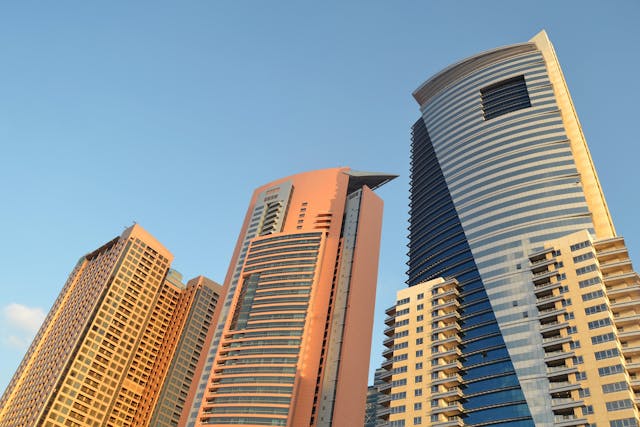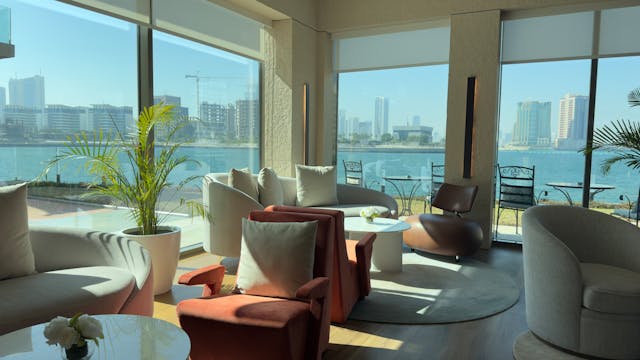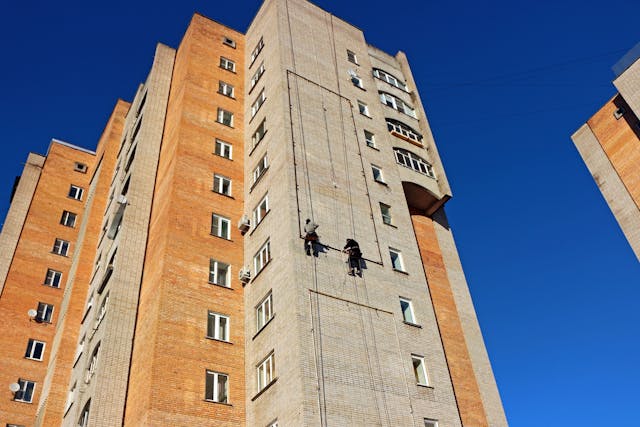Dubai has become a hotspot for global investors seeking high returns in real estate. Its mix of futuristic architecture, tax-friendly policies, and a booming economy makes it an appealing destination. Managing a property in Dubai, however, requires more than just collecting rent. Knowing how to navigate local regulations, tenant expectations, and market trends can make the difference between a successful investment and one that underperforms.
Legal Obligations for Property Owners
Dubai’s property market operates under specific rules that all investors must follow. Property owners are required to register their properties with the Dubai Land Department (DLD). Additionally, the Real Estate Regulatory Agency (RERA) governs tenancy contracts, which must be registered through the Ejari system.
Failing to comply with these requirements can lead to fines or legal issues. A professional property management company ensures all documentation is in order, avoiding any administrative headaches. Many investors who handle properties independently find the paperwork overwhelming, especially if they live abroad.
Contracts in Dubai are standardized to protect both landlords and tenants. A RERA-compliant tenancy agreement is not just a formality but a safeguard for your investment.
Managing Tenant Relationships
Tenants in Dubai expect a high level of service, and meeting these expectations can significantly impact occupancy rates. Properties must be well-maintained, with repairs handled promptly. Tenants value responsive communication, and delays in addressing issues can lead to dissatisfaction or even disputes.

Building trust is critical in retaining tenants, especially in high-end properties. Many landlords underestimate how much goodwill simple actions, like scheduling timely maintenance, can create. A property manager acts as the middleman, ensuring tenants feel valued while keeping the owner informed about any concerns.
Understanding the Rental Market
Dubai’s rental market is unique. Seasonal trends, neighborhood preferences, and global events all play a role in determining rental demand. Areas like Downtown Dubai and Dubai Marina attract tenants looking for luxury, while neighborhoods like Jumeirah Village Circle cater to a more budget-conscious demographic.
Pricing a property correctly is vital. Overpricing can lead to vacancies, while underpricing leaves money on the table. Property managers with local expertise monitor market conditions closely, making sure rental rates stay competitive.
Fluctuations in demand also vary by property type. Apartments tend to have higher turnover than villas, and short-term rentals appeal to a different tenant pool altogether. Understanding where your property fits into the market is a key part of maximizing its earning potential.
Maintenance and Repairs
Dubai’s climate presents unique challenges for property maintenance. The heat takes a toll on air conditioning systems, while sandstorms can leave outdoor areas looking neglected. Tenants expect properties to be move-in ready, with working appliances, clean common areas, and functional utilities.
Regular inspections ensure small problems don’t escalate into expensive repairs. A neglected AC system, for example, can quickly turn into a major expense during the peak summer months. A property management company schedules routine checks and coordinates with contractors to keep properties in excellent condition.
One investor I worked with experienced this firsthand when a water leak caused extensive damage to their property. They had neglected to conduct regular inspections, thinking it was unnecessary since the tenant hadn’t reported any issues. The repair costs were much higher than they would have been had the issue been caught earlier.
Strata Management for Apartments
Investors owning units in high-rise buildings should understand how strata management works in Dubai. Building maintenance, security, and shared facilities like pools and gyms fall under the management of the Owners Association (OA). Property managers often liaise with the OA on behalf of the investor, ensuring service charges are paid and that common areas are well-maintained.
Some buildings have better-managed OAs than others, and this can directly affect the property’s value and tenant satisfaction. Choosing the right building is just as important as choosing the right location.
Handling Short-Term Rentals
Short-term rentals have become a popular option for investors, particularly in tourist-heavy areas like Palm Jumeirah and Business Bay. Platforms like Airbnb and Booking.com make it easy to list properties, but short-term rentals come with their own set of challenges.
Dubai has strict regulations for holiday homes. Owners must apply for a permit through the Department of Tourism and Commerce Marketing (DTCM). Failing to secure the necessary approvals can result in fines.
Short-term rentals also require more frequent cleaning, maintenance, and guest communication. Property management companies specializing in holiday homes handle these tasks, ensuring the property is always ready for the next guest.
Managing Finances
Keeping track of rental income, service charges, and repair costs is an essential part of property management. Investors need clear, accurate financial records, especially if they own multiple properties. Property management companies provide monthly statements, detailing income and expenses so owners can track profitability.
Setting aside a reserve fund for unexpected repairs is also a smart move. Many investors underestimate the costs of owning a property, focusing only on the rental income without accounting for maintenance and management fees.
Taxes are not an issue for individual property owners in Dubai, as the city does not impose income tax. However, owners from countries with worldwide taxation, like the US, should consult a tax advisor to ensure compliance with their home country’s tax laws.
Marketing Your Property
Vacancies can be costly, especially in a competitive market like Dubai. Effective marketing is critical to securing high-quality tenants quickly. Professional property managers use a mix of online platforms, social media, and local networks to advertise properties.
High-quality photography, detailed listings, and virtual tours attract attention and help properties stand out. During slower periods, offering incentives like a rent-free month or flexible lease terms can make a property more appealing.
One of my clients had trouble leasing their unit in a new development until we revamped the listing with updated photos and highlighted nearby amenities. The property rented within two weeks after sitting vacant for months.
Choosing the Right Property Management Company
Investors often wonder whether hiring a property manager is worth the cost. The answer depends on your level of involvement and expertise. Managing a property remotely or without local knowledge can lead to costly mistakes.

A reliable property management company handles the day-to-day tasks, saving investors time and ensuring their property performs well. When evaluating potential managers, look for transparent pricing, a proven track record, and local market knowledge.
Investors who take the time to find a competent property manager often see higher returns and fewer headaches. A well-managed property attracts better tenants, requires fewer repairs, and maintains its value over time.
Final Thoughts
Owning property in Dubai offers incredible opportunities, but success depends on effective management. Whether handling tenants, maintaining the property, or navigating regulations, every detail matters. With the right strategy and support, your investment can deliver steady returns and long-term growth.
